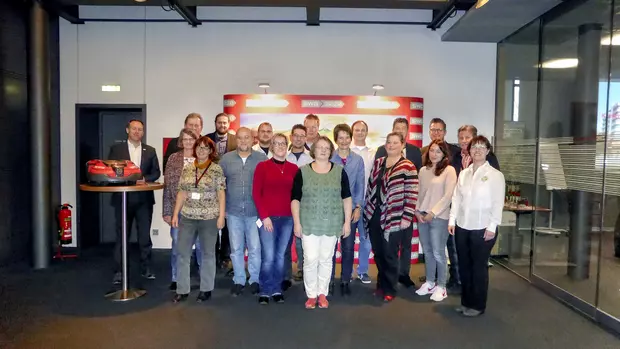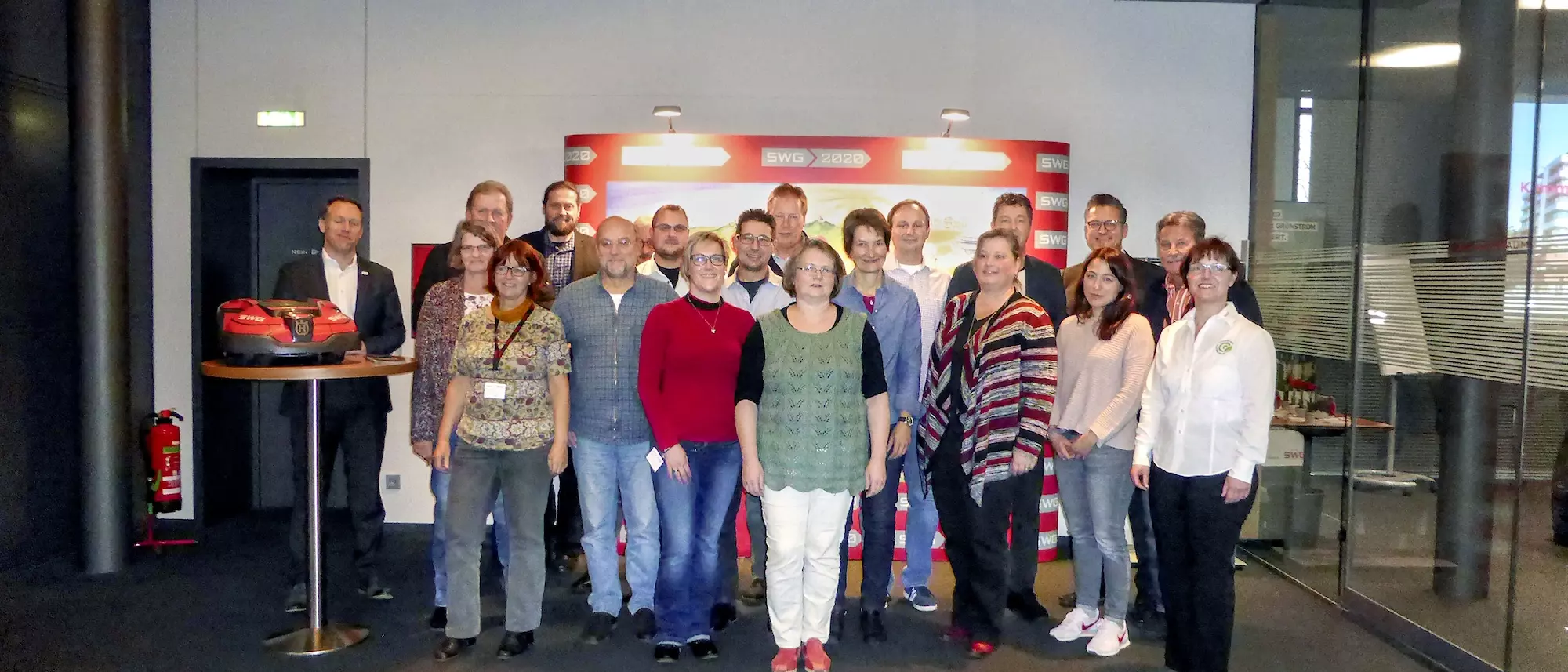
Many local authorities are unable to track in detail which of their properties require how much energy. At the 20th Municipal Environmental Meeting, experts from Stadtwerke Gießen explained how transparency can be created in this area and what potential savings can be realised.
How much energy and water do municipal properties need in detail? What costs are incurred? Is consumption within the normal range or is it significantly higher? Should the building authority first deal with the energy-efficient refurbishment of the community centre or would it be better to modernise the kindergarten? Municipal energy management answers these and many other questions. In other words, this useful tool helps cities and municipalities to assess their current energy and water consumption and to take measures if it turns out that electricity, heat or water is being wasted in one place or another.
Because municipal energy management can have such a positive impact, an informative presentation on this complex topic was on the agenda of the Municipal Environmental Meeting, to which Stadtwerke Gießen (SWG) organises an annual event. The event on 7 December was attended by 16 environmental consultants, energy officers and employees from city and municipal administrations at SWG in Lahnstraße. They all deal with energy and environmental issues as well as energy costs on a daily basis.
In his presentation, Martin Zielke, who is responsible for energy management at SWG, explained the procedure for implementing a municipal energy management system and the effects that can be expected after its introduction and realisation. The first step is always to precisely analyse energy and water consumption. This is followed by comparisons of the analysed properties with similar buildings throughout Germany. This enables an objective assessment of the consumption values. If a property - such as a kindergarten - is significantly above the benchmark, the local authority can take targeted action. "Municipal energy management provides reliable data that enables those responsible in the administrations to make economically and energetically sensible decisions," says Michael Rösner, Head of Sales Private & Commercial Customers at SWG and responsible for organising the event.
The small solution
Although municipal energy management recoups its costs in practically every city or municipality thanks to noticeable savings, many local authorities, especially smaller ones, shy away from it. This is because it does not work without the active co-operation of the local authority. And it is precisely this co-operation that is often not possible to the extent required due to the tight staffing situation in many places. This is why Dennis Adams from SWG's Marketing and Sales department provided information about the SWG Energy Cockpit at the Municipal Environmental Meeting. Although the smart web application cannot replace energy management, it is a simple and above all effective introduction to the topic. This is because the programme, which can even be run on a smartphone or tablet, ensures transparency in municipal energy consumption when fed with the relevant data and thus provides an initial, reliable overview. "Many companies based in the region are already using the SWG Energy Cockpit to reduce their energy consumption. However, it is just as suitable for municipal use," adds Michael Rösner.
Useful exchange
The municipal environmental meeting has now established itself as a permanent fixture. It is clear that the SWG has met with lively interest in the town halls when selecting the topics. "Of course, we always try to provide the municipalities in the region with important, interesting information on energy issues. The event has proven to be a suitable format for this," Michael Rösner is certain. But the flow of information does not only go in one direction: "In the discussions after the presentations and in the often lively conversations, we also learn what moves employees in the municipalities in their daily work," summarises Michael Rösner. SWG uses its knowledge of the wishes of neighbouring municipalities for their benefit: where possible, the organisers take this into account when planning events such as the Municipal Environmental Get-Together. In addition, the information from the grassroots enables SWG to tailor its services even better to the needs of towns and municipalities.

